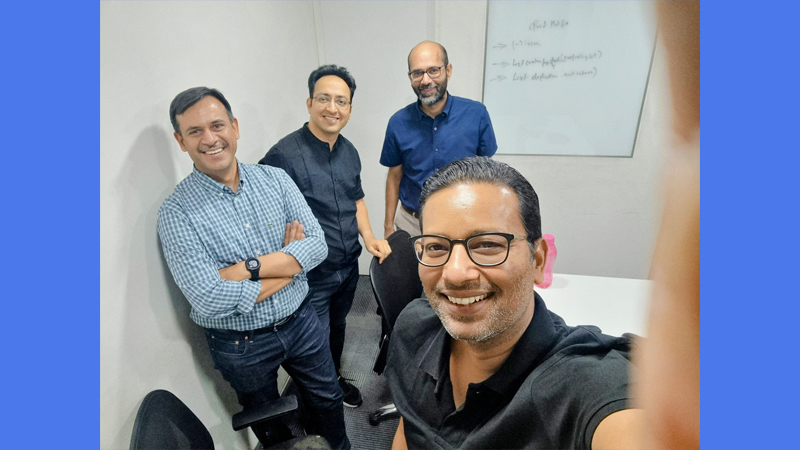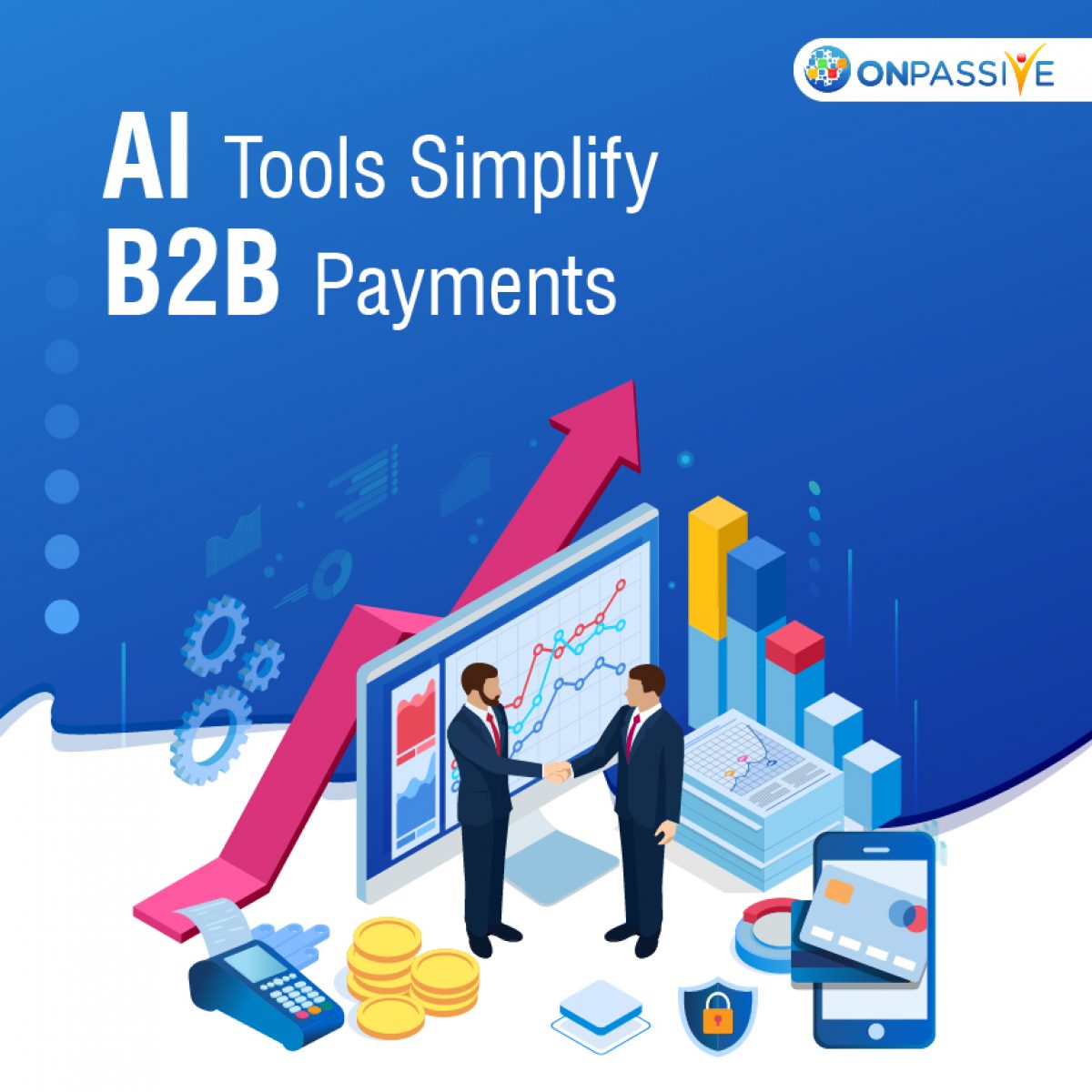The B2B marketing environment is enriched by AI’s (artificial intelligence) innovation capability. Marketers may streamline their advertising procedures and add more intelligence to their promotional campaigns using AI technology like deep learning and heuristics. You can learn more about the potential and benefits of AI in real estate marketing on the ThinkML blog. B2B marketers can optimize and customize their consumer experiences consequently.
Some people’s perceptions of “artificial intelligence” are apocalyptic, Hollywood-inspired visions of humans being wiped out by malevolent robots. Others may see a more subdued (but no less horrifying) picture of robots taking the place of people in the workforce. But as more companies adopt AI, it’s becoming abundantly evident that rather than displace human intelligence, AI works to enhance it.
Table of Contents
Obstacles to Collecting Valuable Data
The B2B marketing area must be filled with focused efforts toward understanding their clients to fulfill every tiny demand of business customers and achieve maximum acquisition. Whether they are end users or corporate clients, every person generates a wealth of data through their online clicks, searches, live campaigns, chat, and email communications, as well as through visits to websites and purchase choices. A high-quality automated system like AI is required to organize, filter, and provide meaningful insight from such a large amount of data after learning about the target audience’s psychology, demographics, and behavior.
Businesses frequently miss out on insight due to a lack of appropriate talent when data is discarded, mishandled, or considered unnecessary, leading to a bad pre-sales marketing plan.
AI’s Impact on Changing B2B Marketing
Regarding the expansion of B2B marketing, AI still has a lot to do. Let’s talk about various applications of artificial intelligence in B2B marketing.
Enhances Direct Sales and Rating
Today’s B2B marketers are confronting a greater challenge: generating high-quality leads. The major issue is the intensity of data gathering, administration, and analysis. Incorporating AI into lead generation procedures makes it possible to automate the resolution of such problems. Additionally, it will improve both the amount and quality of leads generated.
It takes much time to generate leads. Comparatively speaking, artificial intelligence requires less time than manual data collection. AI also reduces the amount of time needed to perform key data operations.
Increases Consumer Engagement
Making accurate customer profiles and “ideal customer profiles” is essential for companies looking to implement customized advertising as soon as a consumer enters the sales funnel. Social networking and analysis technologies can aid firms in achieving these objectives using AI. For instance, you could learn more about the problems your consumers are experiencing, their purchasing patterns, or the customers that your rivals are focusing on. The utilization of all of this can help to improve buyer personas and develop unique surroundings.
Businesses are better equipped to reach out to both current and future consumers with the appropriate material at the appropriate time when they have accurate buyer profiles and ICPs.
Providing Relevant Experiences Throughout All Channels
Its strongest feature is the ability to use personalization enabled by AI across all customer-facing channels. There is no end to how AI-based personalization may enhance corporate buyer encounters, from in-person and offline encounters to communication and digital site marketing and information.
While social media, email, in-person interactions, and online marketing should all be a part of your tailored engagement plan, your website is the best route for delivering pertinent sales processes and customer acquisition. Engaging business buyers requires intuitive landing pages with intelligent questionnaires and other AI-powered stuff.
Streamline the Account Choosing Procedure
To locate new leads, salespeople devote a significant amount of time each day performing boring chores. These cover making cold calls, responding to emails, and making lists. According to reports, sales personnel spend 80% of their time on the recurrent phone and email conversations for lead nurturing and qualification, leaving just 20% of their time for lead closure.
Instead of scouring the vast pool of potential new clients, most sales employees should concentrate more on maintaining business connections with the current clients. Artificial intelligence (AI) can save them by streamlining the entire procedure.
Incorporating AI into these apps would also make it easier to identify the accounts of both existing and new clients based on predetermined parameters, opening us access to a vast pool of qualified prospects.
Sales representatives can make more correct decisions while prospecting with AI as it relies less on emotion and information facts, improving outcomes and conversion rates.
Additionally, when AI grows increasingly commonplace, it will give the company a wide range of advantages without taking up extra office space. Additionally, AI may replace the physical effort necessary as bigger and more active accounts require more committed account managers, which reduces overhead expenses as well as the hours invested in hiring, training, and onboarding new staff.
Customers Receive Power Thanks to Machine Learning
Customers are empowered by machine learning, analytics, and digital marketing by delivering users more than they can reasonably anticipate; using artificial intelligence in lead generation will benefit a company and positively impact consumers. Here is where marketers may make use of their intelligent software’s insights and use them to help customers make wise purchases. Predicting customers’ future decisions and purchasing behavior is simpler when combined with predictive analytics and natural language processing.
As a result of digital marketers’ ability to deliver AI-assisted marketing communications, customers now have access to the most useful recommendations and promotional offers to aid them in their purchasing journeys.
Wrapping Note
The post outlines key elements that will help you understand how AI alters B2B marketing. AI is currently often utilized in a variety of marketing procedures. B2B marketers use artificial intelligence (AI) and clever technologies to provide insightful buyer personas, valuable customer insights, and interesting content. AI also aids in the analysis of the success of many measures related to the expansion of B2B marketing.
Read more on Theinspirespy.com












